News
+ more news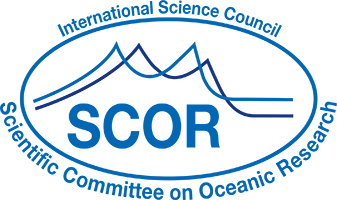
Request for review of 2023 SCOR working group proposals
Friday, 02 June 2023
We would like to let you know that twelve working group proposals were submitted to the SCOR Secretariat for consideration at the 2023 SCOR Annual Meeting and are available on the SCOR web site at https://scor-int.org/events/scor-2023-annual-meeting/. The SCOR Executive Committee will be very grateful for comments from SCOR National Committees, individuals, and interested organizations to assist in the review of these proposals.
Please send your comments on these proposals to the SCOR Secretariat (This email address is being protected from spambots. You need JavaScript enabled to view it.) before 31st August 2023. Instructions and criteria for reviewing SCOR Working Group proposals can be found out: https://scor-int.org/wp-content/uploads/2023/05/Call_for_review_WG_proposals_May2023-final.pdf
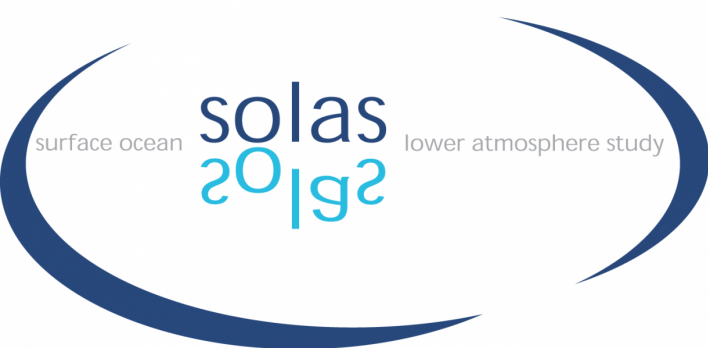
Towards a Marine Biogeochemical Latin American Network (SOLAS Latin American Workshop), 26 May 2023 at 14:00-17:50 UTC-4
Tuesday, 23 May 2023
We would like to let you know that SOLAS will hold an online Spanish workshop on Marine Biogeochemistry Research on Latin American Coastal Zones on 26 May 2023 at 14:00-17:50 UTC-4. The workshop aims to learn about current research on coastal marine biogeochemistry in Latin America, focusing on, but not restricted to, the key biogeochemical interactions and feedback between the ocean and the atmosphere of upwelling zones.
Registration is open and accessible to all participants: the registration form

AtlantOS Ocean Hour: air-sea flux process studies, 25 May, 9:00 EST
Monday, 15 May 2023
We would like to let you know about the next AtlantOS Ocean Hour webinar that will focus on OASIS and current and planned air-sea flux process studies in the Caribbean Sea and Atlantic Ocean. Talks will address this important topic, highlight these projects and showcase opportunities for engagement. Presentations include OASIS, QUICCHE Cape basin process study, Atlantic Hurricane Saildrone mission and GEOMAR's upwelling study. The webinar will take place on May 25th, 2023, at 9:00 - 10:00 AM EST [6 AM PST | 3 PM CEST].
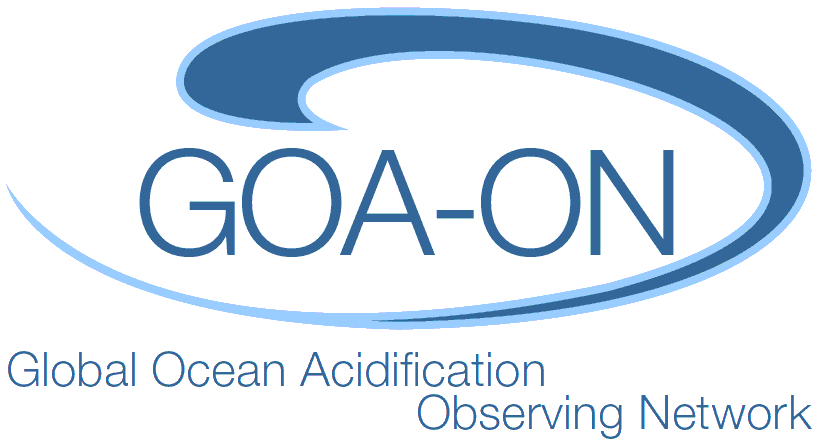
GOA-ON Webinar on reference materials for measurements of the seawater carbonate system, 31 May, 13:00 UTC
Friday, 12 May 2023
We are excited to invite you to attend the next Global Ocean Acidification Observing Network (GOA-ON) webinar organized jointly with IOCCP on "Multinational efforts in the search for a global solution for the production and certification of reference materials for measurements of the seawater carbonate system." The webinar will feature two presentations from Maribel I. García-Ibáñez (CSIC, Spain & IOCCP SSG member) and Regina Easley (NIST, USA), followed by a live discussion. The event will be moderated by Artur Palacz, IOCCP Project Officer.
The webinar will be held on 31 May 2023, at 13:00 - 15:00 UTC. Please register in advance via the webinar website: https://unesco-org.zoom.us/webinar/register/WN_T5zropWYRh-Bzxktxgftrw#/registration Please see below for the webinar abstract and more information about the speakers.
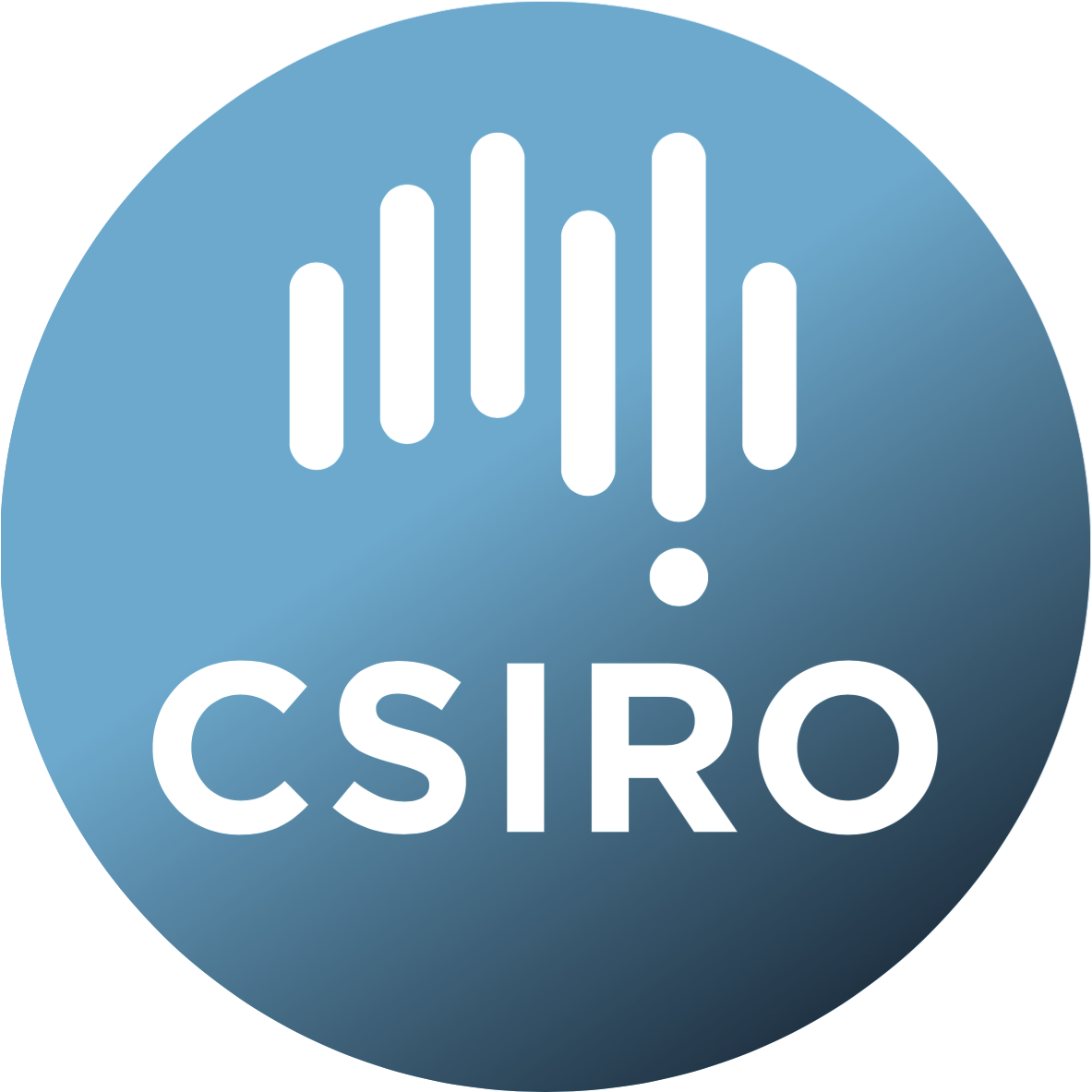
Ocean and Coastal Nutrient Symposium: submit abstracts by 14th of May
Friday, 05 May 2023
We would like to let you know about the Ocean and Coastal Nutrient Symposium which brings nutrients technicians and scientists together to discuss analytical methods, new technologies, and data processing capabilities. The symposium will take place in Hobart on the 20th of June 2023, coinciding with the end of the International Nutrient Inter-comparison Voyage (INIV). Delivery of the event will be through a hybrid of virtual and in-person events.
This symposium will foster knowledge sharing, further develop laboratory best practices, and will improve the comparability of global nutrient datasets utilised by oceanographers, climate scientists, and biogeochemists. Discussions will cover new and emerging analytical, data processing and technical capabilities, including but not limited to methods and implementation of nanomolar nutrient analysis, robust data pipelines, miniaturisation, and the development of experimental non-bias procedures to increase comparability of nutrient datasets.
Submit your abstract for an oral presentation to Claire Mulhall at This email address is being protected from spambots. You need JavaScript enabled to view it. before the 14th of May 11:59 PM AEST.
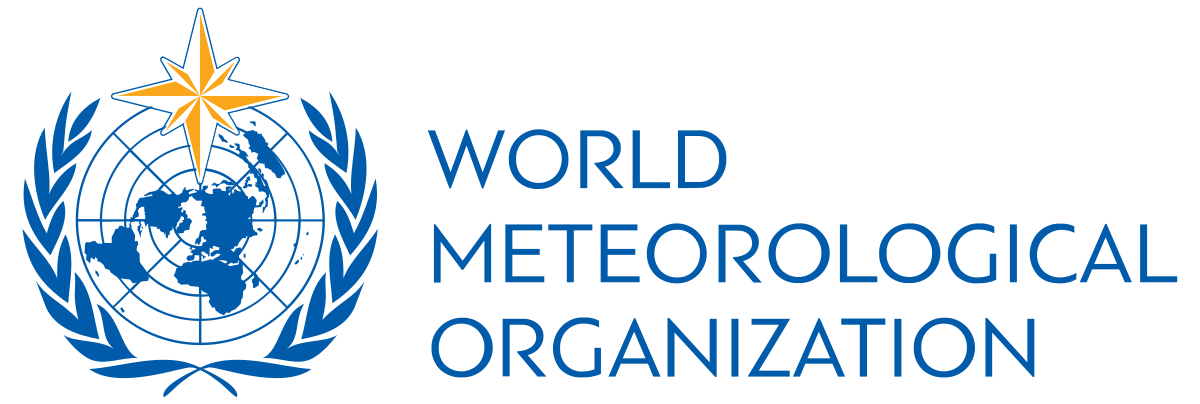
8th WMO Workshop "Impact of Various Observing Systems on Numerical Weather & Earth System Prediction, 27–30 May 2024
Friday, 05 May 2023
We would like to let you know that the 8th WMO Workshop on the Impact of Various Observing Systems on Numerical Weather Prediction (NWP) and Earth System Prediction (ESP), will take place on 27-30 May 2024. Organized by The World Meteorological Organization (WMO), the workshop will be hosted by the Swedish Meteorological and Hydrological Institute (SMHI), at their headquarters in Norrköping, Sweden.
Workshop sessions will be structured around science questions related to ocean observations and beyond, several of which may be of particular interest to the marine biogeochemistry observing community (e.g. around the role of eularian and lagrangian observations in assessing and forecasting changing biogeochemical cycles). Please see more details on the proposed science questions below.
The online abstract submission will open in June 2023 and will remain open until the end of 2023. More details will follow in due course. If you have any questions regarding the workshop, please contact organizers directly via the workshop email address: This email address is being protected from spambots. You need JavaScript enabled to view it. or follow the website: https://community.wmo.int/en/meetings/8th-wmo-impact-workshop-home

Call for sediment organic carbon data contributions to the Euro-Carbon database
Thursday, 27 April 2023
We are pleased to inform you about the EURO-CARBON database initiative which aims to provide a baseline of sediment organic carbon levels on a European regional sea scale. If you have relevant carbon data from marine sediments, then please consider contributing your data to the EURO-CARBON database by 27 June 2023 at the latest. The database can potentially be updated periodically in the future to determine trends in organic carbon pools.
A data paper describing the database will be submitted to the journal Limnology and Oceanography Letters (Impact Factor = 8.5). All originators of submitted data and those that provide more than 40 individual carbon observations will be named co-authors on the resulting data article.

POGO-SCOR Fellowship Programme 2023
Monday, 24 April 2023
The Partnership for Observation of the Global Ocean (POGO) and Scientific Committee on Oceanic Research (SCOR) have announced that the POGO-SCOR Fellowship programme for 2023 is now open for applications. The scheme is designed to promote training and capacity development, leading towards a global observation scheme for the ocean, and is aimed at scientists, technicians, graduate students (preferably PhD) and post-doctoral fellows involved in oceanographic work at centres in developing countries and countries with economies in transition.
Workshops on surface ocean pCO2 observations, synthesis and data products, 6-8 November, VLIZ, Belgium
Thursday, 20 April 2023
We are pleased to invite you to a series of workshops on surface ocean pCO2 observations, synthesis and data products, which will be held on 6-9 November 2023 at Flanders Marine Institute (VLIZ), InnovOcean Campus, Oostende, Belgium.
Surface ocean pCO2/fCO2 (partial pressure/fugacity of CO2) data products and air-sea CO2 fluxes determined from them have become an important input in the quantification of the ocean carbon sink strength in the Global Carbon Budget (GCB) as well as in determining variability and trends of ocean acidification. There are however several aspects of the pCO2 products and the fluxes based on them that are less well known, e.g. their sensitivity to data availability, method of interpolation/gap filling and the overall uncertainty in the air-sea CO2 fluxes.
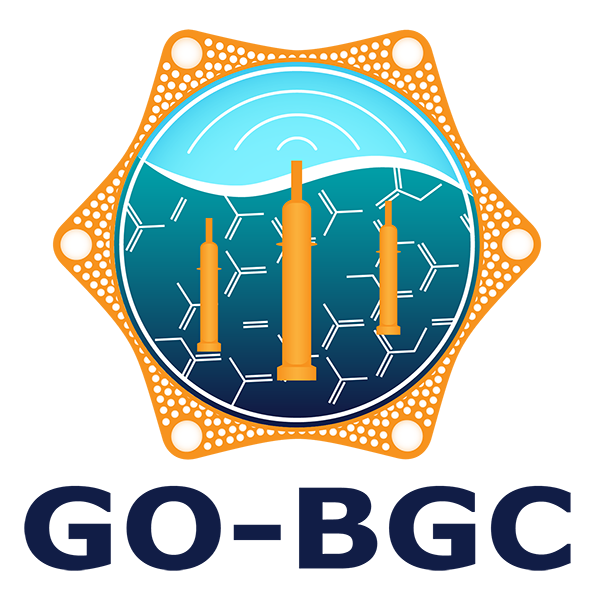
GO-BGC/BGC-Argo Float Data Workshop at UMass Boston on August 21-23, 2023
Wednesday, 12 April 2023
We would like to let you know about the GO-BGC/BGC-Argo Float Data Workshop that will be held August 21-23, 2023 at UMass Boston. The format of the workshop will be a hands-on exercise with open practices, inclusive participation, and thoughtful problem exploration. Attendees will generate research ideas utilizing Biogeochemical Argo float data and start working on projects as teams. This will be an active experience designed to familiarize participants with float data analysis techniques, illustrate scientific applications of float data, facilitate collaboration among diverse participants, and develop new tools for data analysis. Applications are now open. Evaluation of applications and travel award requests will begin on 20 May 2023.
The IOCCP promotes the development of a global network of ocean carbon observations for research through technical coordination and communication services, international agreements on standards and methods, and advocacy and links to the global observing systems. The IOCCP is co-sponsored by the Scientific Committee on Oceanic Research and the Intergovernmental Oceanographic Commission of UNESCO. Read more…
Calendar
|
|
IOCCP meetings, IOCCP-related meetings as well as events related to a wider scope in marine biogeochemistry. |





 Please wait...
Please wait...